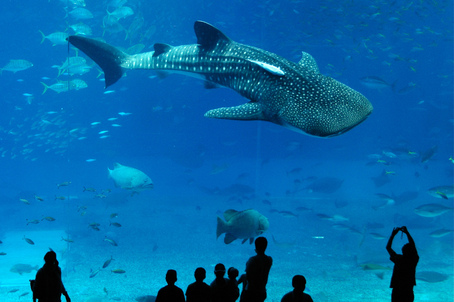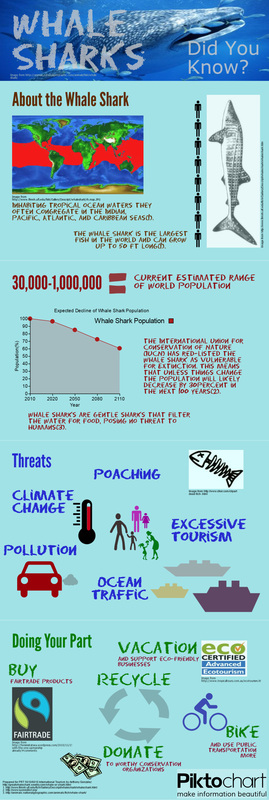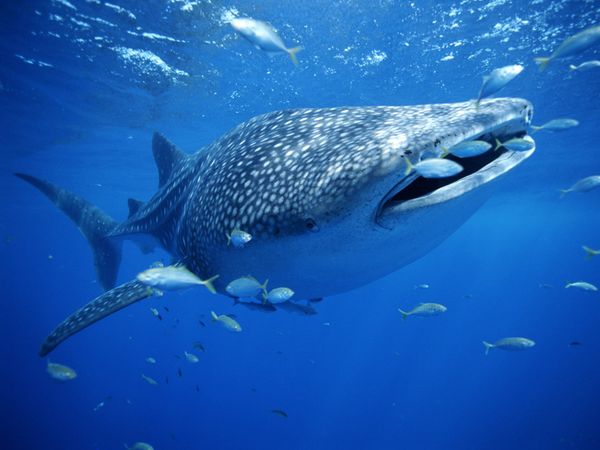
As a reflection back of the several months I have been writing in this blog, I aim to review some of the relevant topics presented and existing in the world today regarding.
Tourism is not a new thing and in the past century has grown immensely with the increased ease of world travel. More individuals travel now than ever before, and it’s not just the rich of the rich. International travel is becoming a way of life. This is great, good and sometimes bad. There are many unique sites in the world and tourism allows cultures and ideas to be spread and understood by the rest of the world. Communication is becoming less of a hindrance. Most nations are welcoming to the tourists, and governments are taking steps to ensure local communities can benefit without dealing unwanted blows to the tourist populations.
However there are still ways to improve tourism. While the world may be mostly peaceful there are a still many places haunted by war, civil unrest, poverty, and natural disasters. It is imperative that tourists be respectful of the cultures they are visiting, encouraging equality, understanding, and conservation. This with help developing countries a great deal to become economically stable, encourage tourism growth and preserve uniqueness of attractions be they animals, landscape, or cultures. A great many vacations can have service opportunities, creating memorable experiences, and help bridge cultural stereotypes.
The decisions we make will determine the fate of countless endangered species, equality between races and nations, build economic prosperity, fostering war or encouraging peace, and ultimately mold the face of the world for the future. Through tourism we each are responsible for the part we play in preserving, building, and ultimately creating a better world.
One man doing a great amount of work can do some good, but, many people working together can move mountains, and that is when the world really changes.
Tourism is not a new thing and in the past century has grown immensely with the increased ease of world travel. More individuals travel now than ever before, and it’s not just the rich of the rich. International travel is becoming a way of life. This is great, good and sometimes bad. There are many unique sites in the world and tourism allows cultures and ideas to be spread and understood by the rest of the world. Communication is becoming less of a hindrance. Most nations are welcoming to the tourists, and governments are taking steps to ensure local communities can benefit without dealing unwanted blows to the tourist populations.
However there are still ways to improve tourism. While the world may be mostly peaceful there are a still many places haunted by war, civil unrest, poverty, and natural disasters. It is imperative that tourists be respectful of the cultures they are visiting, encouraging equality, understanding, and conservation. This with help developing countries a great deal to become economically stable, encourage tourism growth and preserve uniqueness of attractions be they animals, landscape, or cultures. A great many vacations can have service opportunities, creating memorable experiences, and help bridge cultural stereotypes.
The decisions we make will determine the fate of countless endangered species, equality between races and nations, build economic prosperity, fostering war or encouraging peace, and ultimately mold the face of the world for the future. Through tourism we each are responsible for the part we play in preserving, building, and ultimately creating a better world.
One man doing a great amount of work can do some good, but, many people working together can move mountains, and that is when the world really changes.


 RSS Feed
RSS Feed